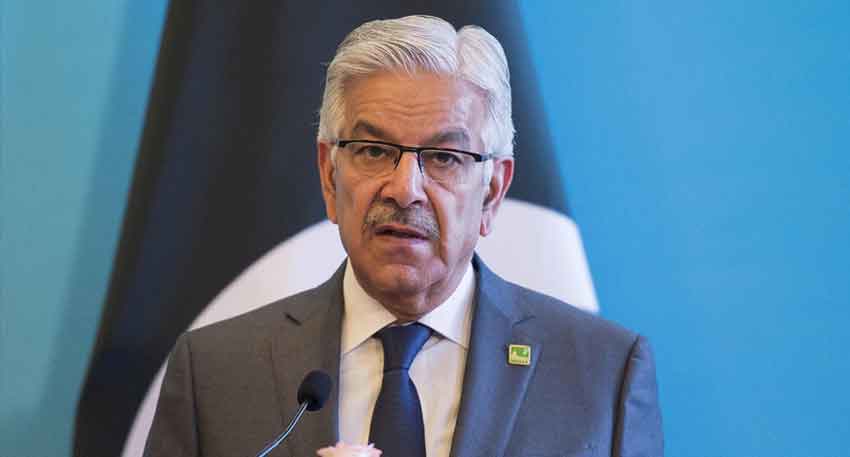
He emphasized that Israel operates outside global nuclear oversight and represents a grave threat to both regional and global peace.
In a strongly worded statement, Khawaja Asif urged the world to remain vigilant and concerned about Israel’s nuclear arsenal, pointing out that Tel Aviv is not subject to any international nuclear regulations or treaties.
World should be wary and apprehensive about Israel’s nuclear prowess, a country not bound by any international nuclear discipline not signatory to NPT or any other binding arrangement. Pakistan is signatory to all international nuclear disciplines, our nuclear capability is for…
— Khawaja M. Asif (@KhawajaMAsif) June 15, 2025
“Israel is not a signatory to the Nuclear Non-Proliferation Treaty (NPT), nor does it follow any binding arrangement or international nuclear discipline,” he stated. “The West should be alarmed by the conflicts Israel is fueling, which risk engulfing the entire Middle East and potentially reaching beyond.”
Also Read: Iran-Balochistan border closed due to escalating tensions
The minister drew a sharp contrast between Israel and Pakistan’s nuclear policies. He stressed that Pakistan complies with all global nuclear protocols and maintains its nuclear programme strictly for national defense and deterrence.
“Pakistan is a signatory to all international nuclear agreements. Our nuclear capability is for the benefit of our people and to defend the country against hostile designs of our enemies,” he said. “We do not adopt expansionist or aggressive policies against our neighbors — unlike the actions currently being demonstrated by Israel.”
Khawaja Asif also criticized Western countries for continuing to support Israel, which he described as a “rogue state,” warning that such support could trigger serious consequences for global stability.
“Backing a rogue state like Israel is a dangerous path. The world must recognize the severity of this threat,” he warned.
His comments come at a time of soaring tensions in the Middle East, as the Israel-Gaza conflict intensifies, leading to rising civilian casualties and growing fears of a wider regional war.


